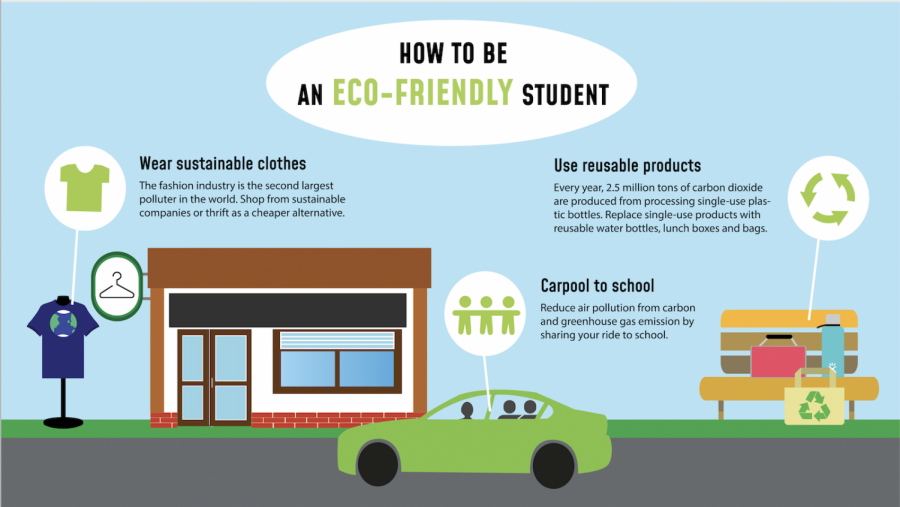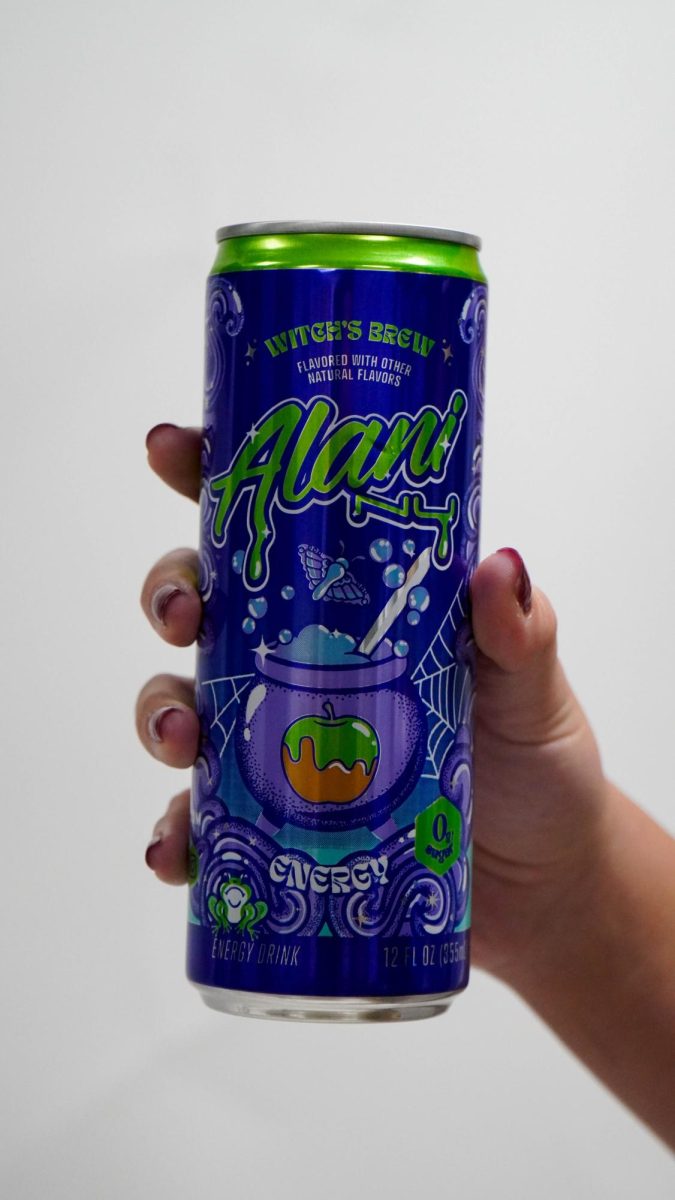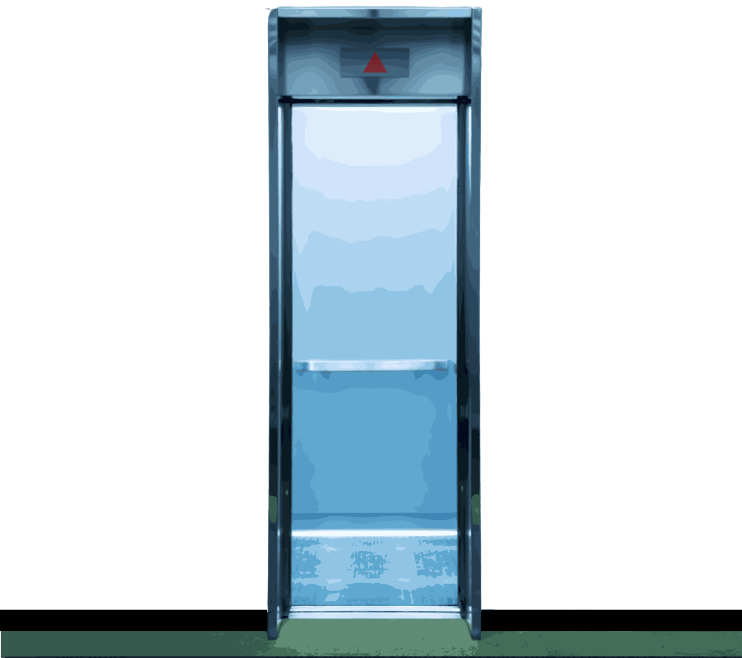Recently, I’ve watched a few nature documentaries, and I love everything about them, from the wild animals to the beautiful scenes of nature. However, there’s one aspect of nature documentaries that shows up every single time that I don’t like—the ending. Without fail, the endings usually sound something like this.“Well, these sea turtles are in danger of the Great Pacific garbage patch, and within 50 years, their native waters will be destroyed.” Or perhaps, “the Burmese python is quickly eating much of the native wildlife in the Everglades, and lawmakers don’t know what to do.” I mean, I’ve just given up an hour of my time to become emotionally invested in Florida panthers, and now you’re telling me they might be extinct in 20 years because of humans? It can be overwhelming to say the least.
There are so many major issues facing our planet, such as climate change, pollution and plastic consumption, that sometimes it’s easier to just give up and stop thinking about it. After all, what can one person do, compared to the other 7 billion people in the world?
But there is something you can do. Actually, there are a lot of ways to be environmentally friendly without going off the grid and living like a caveman. Making small, everyday choices, like using reusable bags at the grocery store, helps us to create sustainable habits.
“I think you do have to start with those small steps, and you have to build up to what you feel comfortable with,” science teacher Emily Massey-Burmeister said.
These seemingly insignificant habits over time can actually have a positive effect on the environment. According to earthday.org, the average American buys 13 water bottles every month, or 156 bottles a year. By choosing to refill reusable water bottles, in 50 years one person would save about 7,800 single-use water bottles, or over 30,000 for a family of four, from ending up in landfills, the ocean and the stomachs of sea creatures.
Many people, however, are still hesitant to incorporate sustainability into their lives. Some feel that it’s hard and not worth it, while for others, it’s uncomfortable to change a routine they have always known. That’s why it’s important to start young and to build sustainable habits, like turning off the water while brushing your teeth, so kids can create good habits early. It’s a sort of out of sight, out of mind. For example, if a kid doesn’t use plastic bags when they are young, they won’t miss them when they are older.
“I do think it’s good to start teaching kids when they’re little about sustainability and the environment because I feel like if you grow up with the environment, you have a more vested interest in trying to upkeep it,” Massey-Burmeister said.
Another way that you can be more eco-friendly is by shopping from sustainable clothing companies or thrifting your clothes. Sustainyourstyle.org, a website dedicated to finding sustainable clothing options, names the fashion and textile industry as the second largest polluter of water in the world.
The fashion industry creates a huge burden on the planet, as many factories, especially in developing countries, release toxic waste into rivers. Furthermore, growing cotton uses a large amount of hazardous fertilizer and water (one pair of jeans takes 3,782 liters of water to produce). Additionally, synthetic garments release microfibers into the washing machine water line, ultimately ending up in the ocean. Choosing to shop at stores that are ethical and environmentally friendly, or even better, to thrift your clothing, is one way that we can save the Earth’s natural resources, and in a way, ourselves.
Although it may be easy to disregard the environmental effects of your actions when they are convenient, sustainability is well worth the additional effort. How come I have to give up my straw at a restaurant when nobody else is? Why do I have to remember my cloth grocery bags when the person in front of me doubled bagged their entire purchase with plastic bags? It may seem inconvenient, but the choices we make today affect our lives tomorrow, and eco-friendly practices can even inspire others to be more sustainable.
“We only have one planet,” Massey-Burmeister said. “We don’t have anywhere else to go. This is where we live, so there’s no other options.”
















Kifa • May 18, 2020 at 3:39 am
Hi Sidney! It takes a collective effort to reduce the piling up of plastic garbage and to prevent the destruction of the habitat of other species. We have to learn to co-exist. But we humans, are so selfish and self-centred. My heart broke when the last Sumatran rhino died. So let us just do our bit to save this planet! I work for Nantech https://www.nantech.in